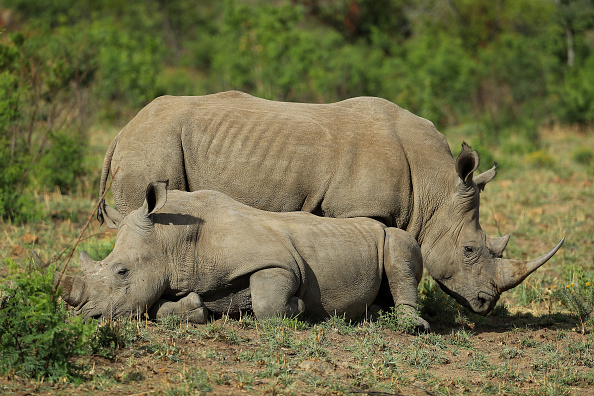
Namibia threatens to withdraw from CITES over rhino trade restrictions

Namibia may pull out from the Convention on International Trade in Endangered Species (CITES) after countries voted to reject proposals to ease limitations on hunting and exporting its white rhinos, the country’s Environment minister said on Tuesday.
Pohamba Shifeta, who spoke in Geneva, said Namibia would call for a meeting with other Southern African Development Community (SADC) member states to consider withdrawing from the convention.
“If CITES does not really help us to conserve our wild animals but frustrating those that are doing good I think there is no need for us to stay in CITES,” Shifeta said.
Last week, Namibia put forward a proposal to allow more trophy hunting of rhinos and export of live animals saying that the money it would collect would help it to protect the species.
Countries party to the CITES subsequently voted against demoting Namibia’s white rhinos from Appendix I to Appendix II. Appendix I is a list of species threatened with extinction while Appendix II is one of species with looser protections.
“We had several submissions from SADC for downlisting our white rhino from appendix I to appendix II, but there are some who feel that Namibia’s population is still small and we contested that Namibia’s population is the second largest in the world,” Shifeta said.
Namibia’s white rhino population stood at 1,037 in 2017/2018, according to estimates by the government. The populations of white rhinos in neighboring South Africa and eSwatini are in Appendix I.
Shifeta’s Botswanan counterpart, Kitso Mokaila, expressed his disappointment with the outcome noting that citizens of the SADC countries have sacrificed their livelihood to protect wildlife.
Members of the CITES also decided to impose a near-total ban on sending African elephants captured from the wild to zoos. The new resolution also means zoos will no longer be able to import wild-caught African elephants to the United States, China and many other countries beyond the elephants’ natural habitat.






